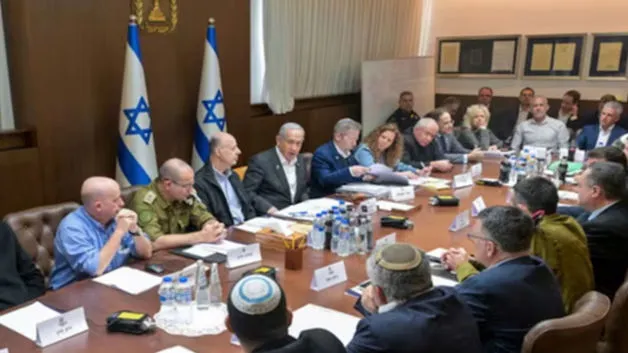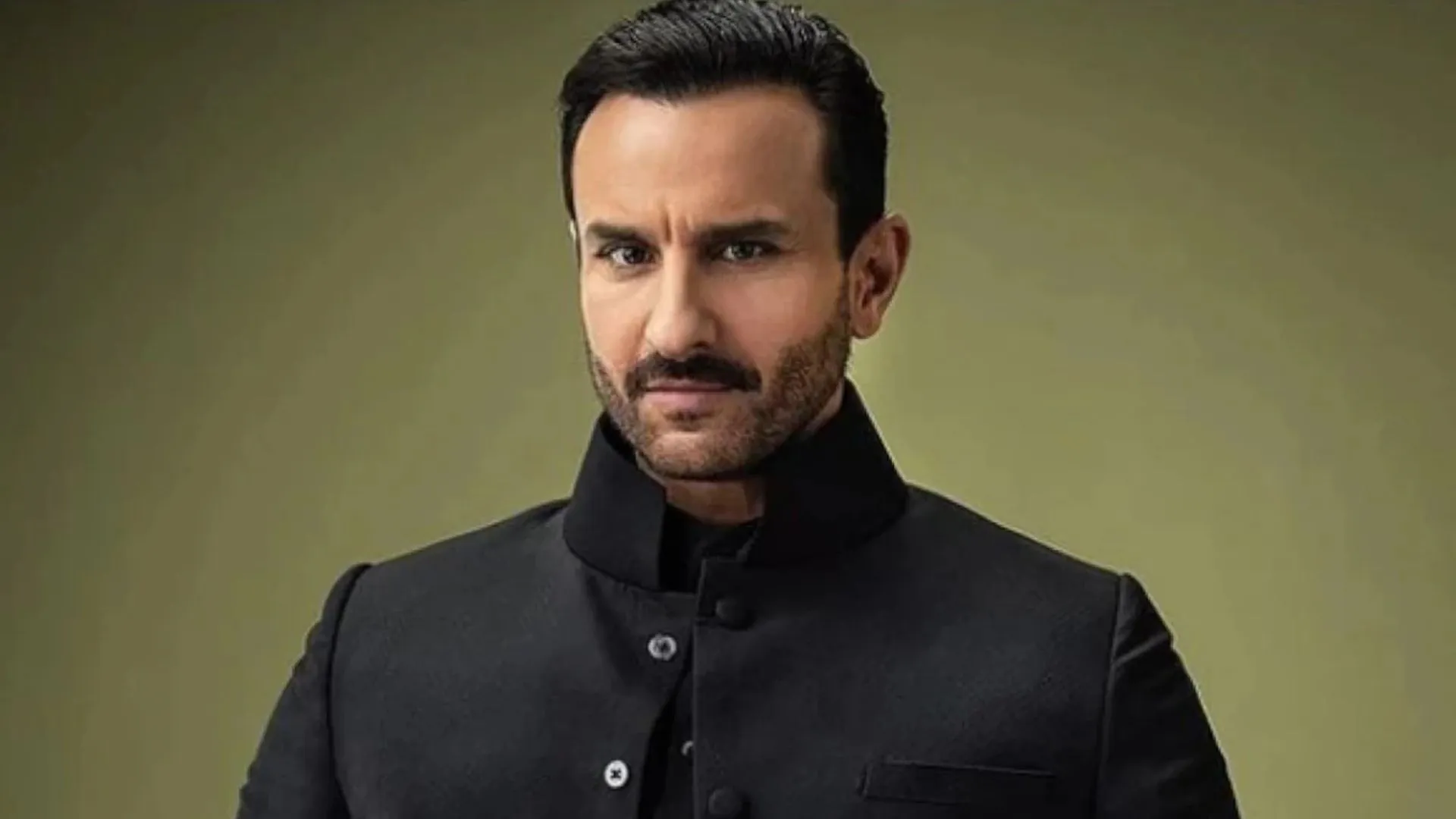US President Joe Biden’s first official visit to the Middle East this week clearly shows that, in the wake of the Russian invasion of Ukraine and the major energy crisis created for European countries, he has realized that he must reverse the US strategy of withdrawal from the Middle East and try to recalibrate his relations with Middle East leaders. From July 13-16, Biden will visit Israel, the occupied West Bank and Saudi Arabia and will have talks with Israeli caretaker Prime Minister Yair Lapid, Palestinian President Mahmud Abbas and Saudi Crown Prince Mohammed Bin Salman.
President Biden will try to convince his interlocutors that the United States, although it gives emphasis to its rivalry with China, does not intend to disengage from the Middle East and will not abandon its allies. After all, the US has succeeded in reviving NATO and may do the same in its relations with its Mideast allies.
In an op-ed piece in the Washington Post published on Saturday, President Biden reminded readers that his administration helped end the 2021 War in Gaza between Israel and Hamas, which could have lasted months, in just 11 days. “We have worked with Israel, Egypt, Qatar, and Jordan to maintain peace without permitting terrorists to rearm,” he wrote.
Biden also emphasized that he has restored relations with Palestinians, restoring USD 500 million in aid to the Palestinian Authority that had been blocked for years, while also passing a USD 4 billion support package for Israel, the largest US aid package ever given to the Jewish state.
In Israel, he will meet caretaker Prime Minister Yair Lapid with the stated US aim of “deepening Israel’s integration into the region”. The two leaders are like-minded and face similar challenges from their populist predecessors. In the West Bank, where Biden will have talks with Palestinian President Mahmoud Abbas, the latter is expected to raise the issue of Israel’s military operations, particularly the Israeli raids in the Jenin area, in which dozens of Palestinians were killed, as well as the death of Al Jazeera reporter Shireen Abu Akleh.
Nahal Toosi, the foreign affairs correspondent at Politico, points out: “The Biden administration has restored much of the funding for the Palestinian people.” It has re-established a direct diplomatic channel to deal with Palestinians. But Biden hasn’t reopened the consulate, returned the U.S. embassy to Tel Aviv, rescinded the recognition of Jerusalem as the capital, or reversed the settlement decision, although the Biden administration has spoken out against settlement expansion. “Biden also wants to build on the Abraham Accords, while giving verbal support but little diplomatic effort to the idea of a future Palestinian state alongside Israel.”
Apparently, Saudi Arabia does not have enough capacity to increase oil production in quantities sufficient to offset the Russian-generated oil shortage. Theoretically, Saudi Arabia can increase its current production capacity of 10.3 million barrels per day (B/D) by up to 600,000 B/D, but realistically, this number is closer to 150,000 B/D, which cannot possibly cover the shortfall created because of the oil embargo imposed by the EU on Russian oil.
In a reversal of his previous policy, Biden has recently been full of praise for Riyadh for extending a cease-fire in Yemen. On the first-ever direct flight between Israel and the Kingdom, Vice President Joe Biden will visit Saudi Arabia. He will discuss bilateral and regional issues as well as the war in Yemen. Biden will also try to push the Saudis to normalize relations with Israel after years of tension. The US President will also participate in a summit conference with the GCC+3 (Saudi Arabia, the UAE, Bahrain, Kuwait, Oman, and Qatar) plus Egypt, Jordan, and Iraq and will discuss with them ways of expanding security cooperation to counter Iranian involvement in the region as well as energy security, the climate, infrastructure, and human rights.























